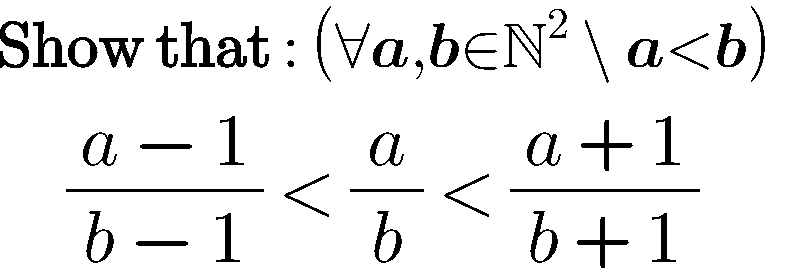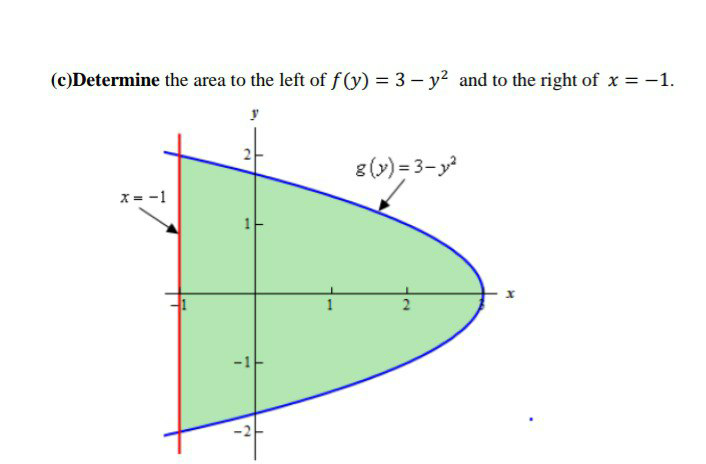
AllQuestion and Answers: Page 1190
Question Number 98309 Answers: 1 Comments: 0
Question Number 98306 Answers: 2 Comments: 1

Question Number 98305 Answers: 2 Comments: 0
Question Number 98280 Answers: 1 Comments: 0
Question Number 98278 Answers: 1 Comments: 0

Question Number 98275 Answers: 1 Comments: 1

Question Number 98270 Answers: 2 Comments: 0
$${prove} \\ $$$${Fg}={G}\frac{{m}_{\mathrm{1}} {m}_{\mathrm{2}} }{{r}^{\mathrm{2}} } \\ $$
Question Number 98271 Answers: 2 Comments: 5
Question Number 98268 Answers: 0 Comments: 7
Question Number 98267 Answers: 2 Comments: 0
Question Number 98259 Answers: 2 Comments: 4

Question Number 98256 Answers: 2 Comments: 0
Question Number 98255 Answers: 1 Comments: 1
Question Number 98250 Answers: 0 Comments: 1
Question Number 98249 Answers: 0 Comments: 0
Question Number 98248 Answers: 0 Comments: 0
Question Number 98246 Answers: 1 Comments: 0
$$\int\frac{{x}}{{sin}^{\mathrm{2}} \left({x}−\mathrm{3}\right)}{dx} \\ $$
Question Number 98245 Answers: 0 Comments: 0
Question Number 98244 Answers: 1 Comments: 0
Question Number 98215 Answers: 3 Comments: 2
Question Number 98214 Answers: 2 Comments: 2

Question Number 98208 Answers: 0 Comments: 2
Question Number 98213 Answers: 2 Comments: 1

Question Number 98205 Answers: 1 Comments: 0
Question Number 98201 Answers: 1 Comments: 0

Question Number 98286 Answers: 0 Comments: 0
Pg 1185 Pg 1186 Pg 1187 Pg 1188 Pg 1189 Pg 1190 Pg 1191 Pg 1192 Pg 1193 Pg 1194
